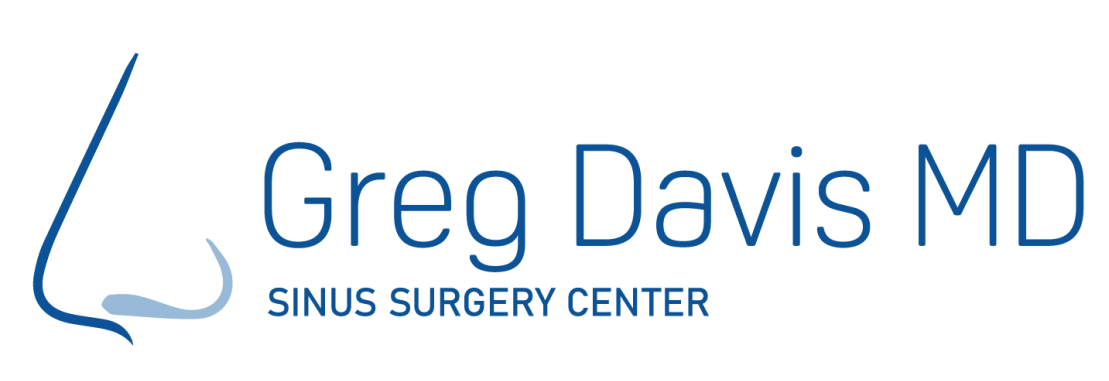Nestled between the bustling cities of Seattle and Tacoma, Dr. Greg Davis, a sinus specialist in Puyallup, WA, commonly sees a health issue that affects the daily lives of many residents in the area: maxillary sinusitis. This condition, an inflammation of the maxillary sinuses located just behind the cheekbones, can cause symptoms of facial pain or pressure, nasal congestion, odorous smell, and thick nasal drainage. As we explore the causes, symptoms, and treatment options for maxillary sinusitis, we'll also discuss the subset known as odontogenic sinusitis, which originates from dental issues.
What is Maxillary Sinusitis?
Maxillary sinusitis is a condition in which inflammation caused by infections (viral or bacterial), allergies, or structural issues fills the sinuses in the cheeks. People living in the Pacific Northwest, including the areas around Seattle and Tacoma, may experience this condition due to the region's specific environmental allergenic triggers.
Symptoms of Maxillary Sinusitis
People with maxillary sinusitis typically report one or more of the following symptoms:
- Facial pain or pressure, especially overlying the cheek area
- Nasal congestion
- Postnasal drip
- Thick postnasal drainage
- Reduced sense of smell
- Toothache
- Fever (in cases of infection)
Odontogenic Sinusitis: A Special Case
A unique form of maxillary sinusitis is odontogenic sinusitis. This type typically arises from dental infections or complications from dental procedures that affect the upper teeth adjacent to the maxillary sinuses. Due to their proximity, problems with these teeth can easily spread to the sinuses, leading to inflammation.
Symptoms are similar to those of other causes of maxillary sinusitis but often include a persistent toothache and possibly a foul taste or odor due to the dental origin.
Treatment Options
Treatment for maxillary sinusitis and odontogenic sinusitis varies based on the underlying cause. Common approaches include:
- Antibiotics for bacterial infections
- Decongestants and antihistamines for allergy-related sinusitis
- Nasal corticosteroids sprays or irrigations to reduce inflammation
- Saline nasal irrigations
- Endoscopic sinus surgery
Endoscopic Maxillary Sinus Surgery
For more persistent cases or those caused by structural issues, endoscopic sinus surgery of the maxillary sinuses may be considered to improve sinus drainage. If a tooth infection is the source of sinusitis, tooth extraction of the affected tooth might be necessary. Having an experienced sinus surgeon like Greg Davis, MD, MPH ensures you receive the right care the first time.
Seeking Expert Care of Maxillary Sinusitis in Seattle and Tacoma
When over-the-counter remedies and primary care consultations fail to provide relief, it may be necessary to turn to a specialist who understands the complexities of sinus disease. In the Seattle and Tacoma area, one name stands out: Greg Davis, MD, MPH.
As a renowned rhinologist and sinus specialist, Dr. Davis brings a wealth of experience to his practice. Whether you're struggling with chronic maxillary sinusitis or complicated odontogenic sinusitis, Dr. Davis's expertise can guide you towards a personalized treatment plan aimed at alleviating your discomfort and improving your overall nasal health.
For those in search of top-tier sinus care, consider reaching out to Greg Davis, MD, MPH. He has been voted as a regional Top Doc for the past 10 years. You can find more information and schedule a consultation by visiting gregdavismd.com/contact. With his compassionate approach and cutting-edge knowledge, Dr. Davis is your partner in navigating the complexities of sinusitis and finding the path to clearer breathing and a better quality of life.



